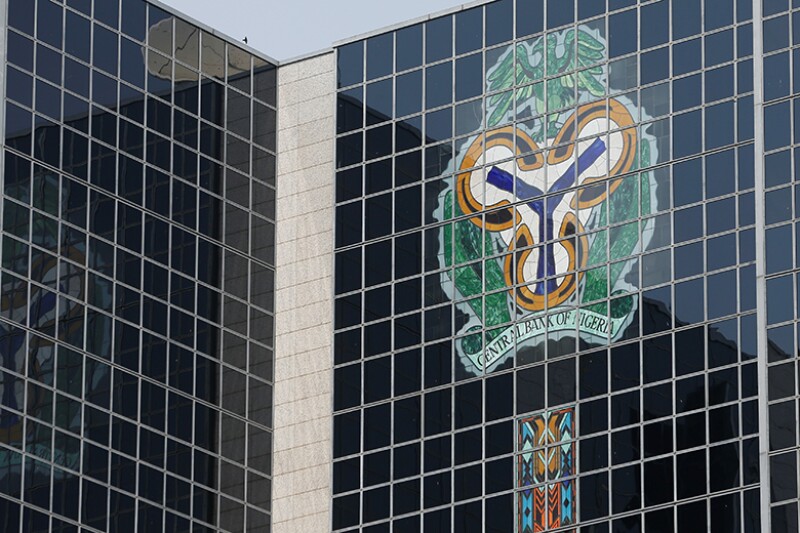In order to reach its trillion-dollar economic aim, Nigeria must take advantage of the ongoing bank recapitalisation as well as other initiatives to diversify the economy away from oil, according to Dr. Emomotimi Agama, Director General of the Securities and Exchange Commission.
Dr. Agama said this at a forum on steps towards ongoing bank recapitalisation in Abuja, according to a statement released by the SEC yesterday. He said the country needed to invest in infrastructure, human capital, and innovation, improve the business environment, lower regulatory barriers, and promote financial inclusion and loan access for individuals and SMEs.
“Bank recapitalization refers to the process of increasing a bank’s capital to meet regulatory requirements, improve financial stability, and enhance lending capacity. Banking recapitalization can indeed play a significant role in catalyzing a trillion-dollar economy through the capital market.
“The capital market plays a crucial role in this process by providing banks with access to various financing options, such as: Equity financing: Banks can issue new shares to raise capital from investors: Debt financing: Banks can issue bonds or other debt securities to raise capital from investors and Rights issues: Existing shareholders can purchase additional shares at a discounted price.
“Recapitalization through the capital market can help banks meet regulatory capital requirements, improve capital adequacy ratios, increase lending capacity, enhance financial stability, restore investor confidence, enhanced investor confidence and better risk management.”
He went on to say that a recapitalised banking industry could result in more loans being made to infrastructure, manufacturing, and agriculture, all of which are important sectors for economic growth.
It could also improve banks’ capacity to underwrite large-scale transactions, which would enable them to support major projects and industries.
Finally, it could draw in foreign investors, which would increase capital inflows and expand the capital market.
Recapitalisation, in his opinion, may also encourage banks and other businesses to list on the Nigerian Exchange Limited (NGX), which would raise market capitalisation and support a stable banking system that lowers systemic risk and advances economic stability.
He stated that the Nigerian Exchange platform, designed to facilitate public offers and Rights Issues in the market, was a potential conduit for promoting investments and would contribute in the attainment of a better economy.
Dr. Agama added that recapitalization might also have issues, which includes share price dilution, increased debt servicing and regulatory hurdles among others.
A framework aimed at guaranteeing a seamless, clear, and effective capital-raising procedure for banks and holding companies taking part in the recapitalisation program was recently released by the SEC.
The framework describes the policies and processes banks must adhere to in order to raise capital during the 2024–2026 recapitalisation period through rights issue, private placements, or other authorised means.




